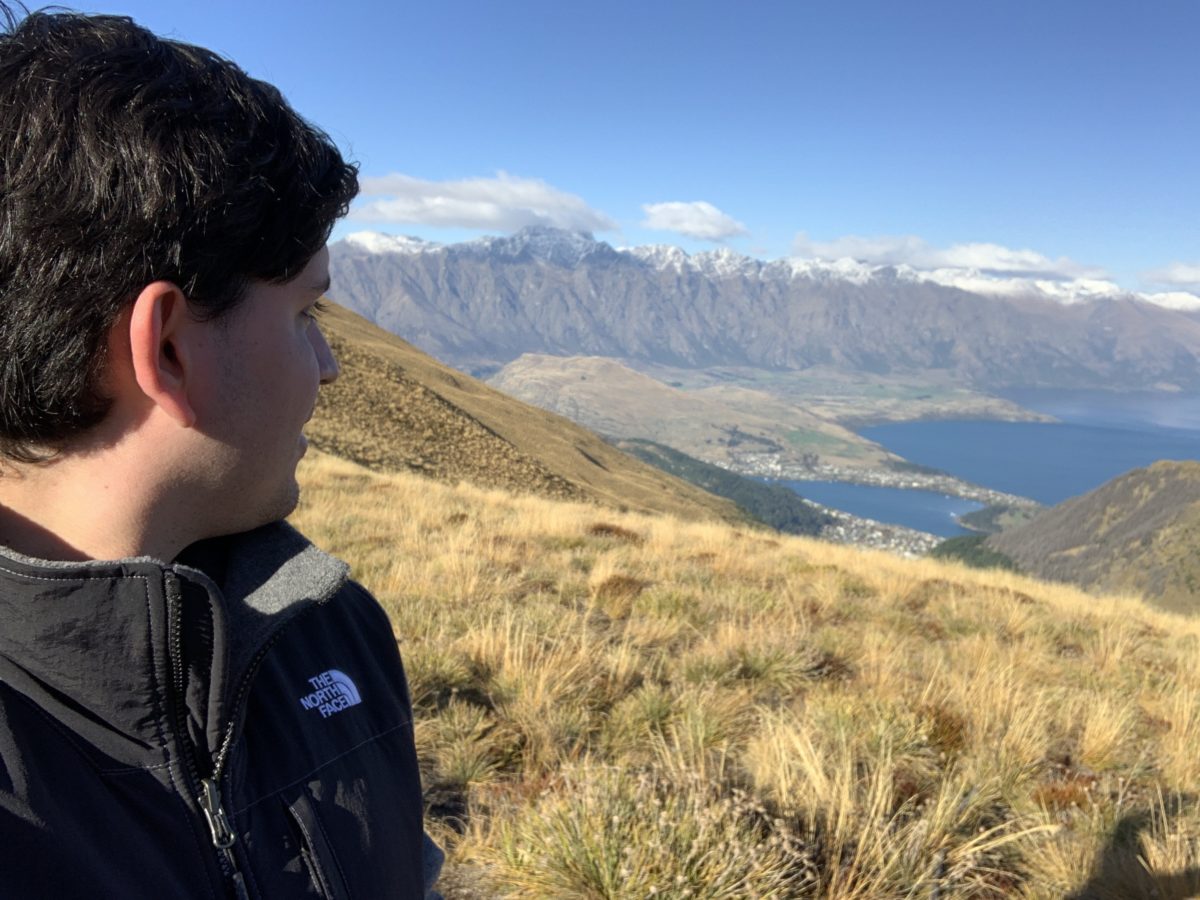It is a hot job market for many different industries right now – especially technology and travel. In times like this, it can be attractive to accept a job offer based on salary alone but the best jobs offer much more than that.
Lead Site Reliability Engineer (SRE), Angelo Neves, tells us why he chose to join Rome2Rio and gives some advice to software engineers and developers who are looking for a new role.
Start by looking at the role’s learning opportunities and flexibility
“If you are at the beginning of your career or have some experience but need a change, the most crucial point to consider is how much and how fast you will learn in a new role.
When you have a new job in mind, try to understand the learning opportunities – will you have exposure to front and back-end development or will you be restricted to one of the two, for example.
You also need to assess the flexibility you will have to move between areas or do something entirely different from your initial role. One of the biggest advantages of working at a high flexibility, modern, tech company is that over time you can work in many areas to discover the one(s) you want to specialise in.”
Will you be working on something that you are personally interested in?
“Sometimes we can underestimate how important it is to like the area or product you are working on. For example, if you’re in finance but aren’t interested in the field, it will be tough to engage with the product or care about how it impacts users.
Personally, I love the travel sector and working at Rome2Rio makes it very easy to have a great interest in, and engage with, our product and how people use it. Having a real connection with your working area also increases your resilience, as you won’t quickly tire when facing challenges.”
Size does matter
“Big and small companies tend to work very differently, and the engineer or developer experience can vary tremendously. In smaller companies, the number of managers and stakeholders per project is usually much fewer, which means that work is more agile, there is more autonomy, and the pace of change is greater.
The number of very busy stakeholders increases when you work at medium or large corporations. This can mean longer approvals times and slower delivery. Of course, big companies offer more structured processes and certainty. Every day you wake up and know what, why and how you’re going to do something. Many people enjoy this type of environment.
For those like me, who prefer a fast-paced work environment, smaller companies, like startups, are a better fit. You can accomplish a lot in short periods and be involved in many projects simultaneously. At Rome2Rio, I half joke that I’ve delivered more change in my first three months than in three years at my previous role.”
Do you prefer B2B or B2C?
“You can find interesting and exciting projects both in B2B and B2C companies, but usually they are approached in different ways. In B2B companies, big clients have a strong say in the direction of products and features, and you might find yourself in a conflict between what your company believes is important and what the client wants.
Of course, at big enterprises, you can be involved in challenging and interesting projects supported and financed by these big clients too. In B2C companies, customers are king, but normally their influence is collective. This means you usually will have greater freedom to find and test solutions. I find it a more straightforward and pleasant process.”
Consider offers carefully
“Perhaps the most important tip I can give is that all these aspects I mentioned above are fundamental to developing a successful and enjoyable career, more so than the compensation package, in my opinion.
While there is a lot of demand in the market, it’s crucial to remind yourself about your longterm career goals and figure out if a move will fit with your bigger plan. Sometimes more money in the shorterm, without the opportunity for growth, can mean fewer financial prospects in the future.”
Angelo leads Rome2Rio’s site reliability engineering team and is charged with upgrading infrastructure and devops. He is enthusiastic about championing cloud best-practices and mentoring engineers. He’s been working in the field for over a decade for a variety of companies and understands the importance of choosing wisely, as not all jobs are created equal. Got questions? Angelo is contactable via Linkedin

